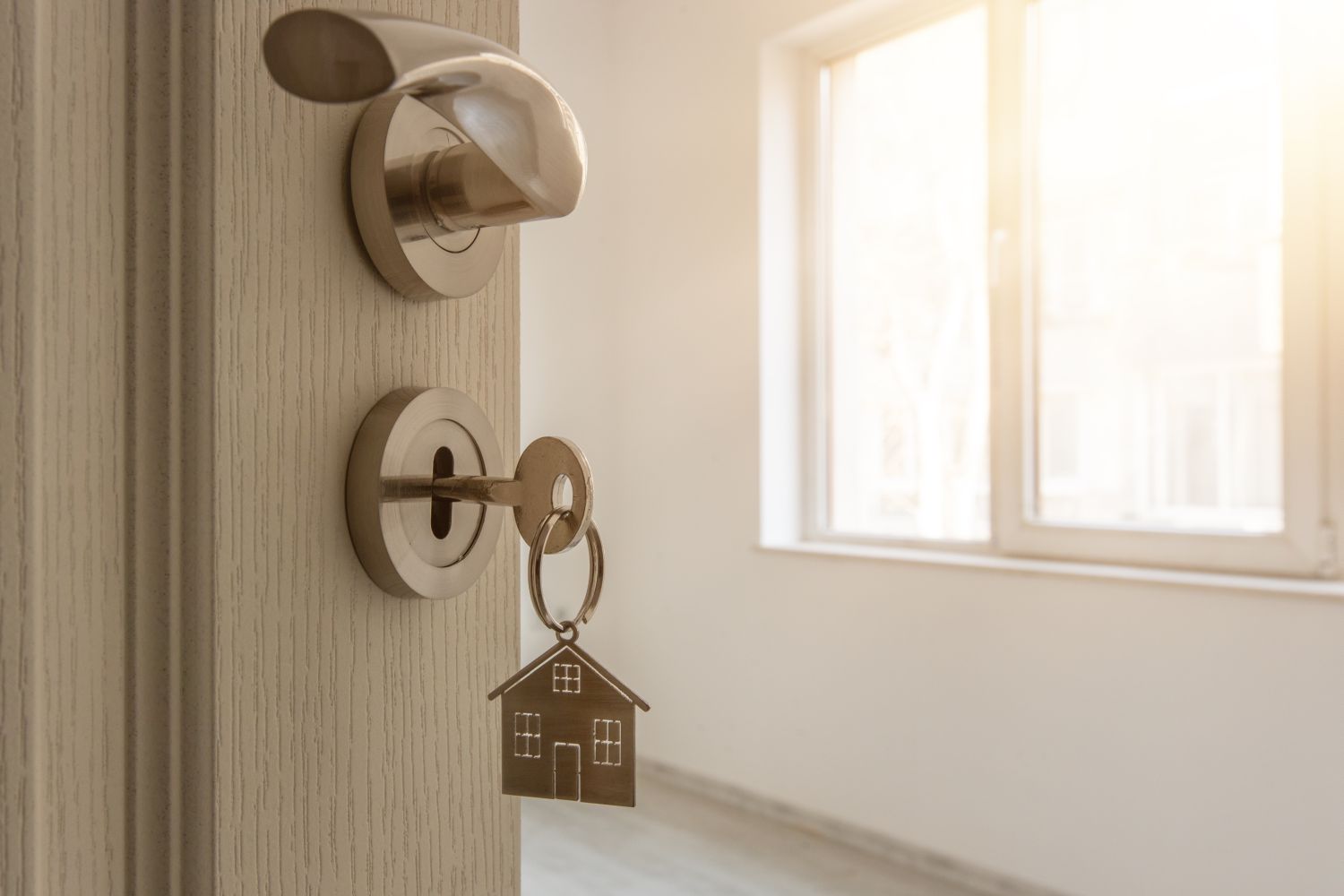Balancing privacy and security in rental homes requires the right mix of protection and respect. Security features, like cameras and smart locks, can enhance safety, but they must be used thoughtfully to avoid intruding on personal spaces. Clear communication about these measures, like what’s in place, why it’s needed, and how data is handled, helps tenants feel respected and secure. By involving tenants in these conversations, landlords can reassure them that security is for their benefit, not surveillance, creating a comfortable and trust-based living environment.
Enhancing Home Privacy in Rental Properties
Privacy is a fundamental aspect of any home. Tenants expect a comfortable living space where they can feel secure and undisturbed. Here are some practical solutions for protecting tenant privacy in rental homes.
Practical Solutions for Protecting Tenant Privacy
Secure Entry Points
Ensure that all entry points, like doors and windows, are secure. Use deadbolts and high-quality locks that can be easily operated by tenants. Providing individual keys and avoiding master keys can also boost their sense of security.
Frosted Glass and Window Treatments
Consider installing frosted glass on lower-level windows or providing window treatments for privacy. This allows natural light to filter in while obstructing the view from outside. Well-placed window treatments can reduce noise and improve energy efficiency, adding further value for tenants.
Soundproofing
If your rental property is in a multi-family building, add insulation, soundproof doors, or sound-dampening window treatments to create sound privacy.
Outdoor Privacy Measures
For properties with outdoor spaces, think about adding privacy fences or landscaping that blocks the view from neighbors or passersby. Well-designed outdoor spaces can increase the overall appeal of your property, making it more attractive to prospective renters.
Balancing Common Areas and Private Spaces
In rental properties, common areas such as hallways, gyms, and lounges are often shared. It’s essential to strike a balance between maintaining security in these areas and respecting tenant privacy.
When installing security cameras in common areas, position them in a way that monitors the space effectively without invading privacy. Cameras should be positioned to capture areas like entrances and exits rather than private spaces. Using signs to inform tenants of surveillance can enhance their sense of transparency.
It’s important to communicate openly with tenants about security measures in common areas. This honesty builds trust and helps tenants understand that these measures protect them. Establishing a regular dialogue about security concerns can lead to valuable insights and improvements.
Choosing the Right Security System for Rental Property
Effective Security Measures Without Infringing on Privacy
Consider using smart security systems that allow tenants to manage their own security settings. These systems often include features like smart locks and doorbell cameras, which tenants can control directly. The integration of smart technology not only empowers tenants but can also reduce overall maintenance costs for landlords.
Look for security systems that prioritize tenant privacy. For example, choose systems that let tenants disable cameras when they are at home or have clear policies on data storage and access. Such privacy-centric features can significantly enhance tenant satisfaction and foster longer tenancies.
Regularly check and maintain security systems to ensure they are functioning correctly. This helps to reassure tenants that their safety is a priority while also respecting their need for privacy. Proactive maintenance can prevent costly repairs and downtime, guaranteeing that security remains a top priority.
What to Look for in a Renter-Friendly Alarm System
When selecting a renter-friendly alarm system, consider these key features:
Ease of Use
The system should be user-friendly and easily operable by tenants without extensive technical knowledge. Simple controls and clear instructions are essential. A complicated security system can deter tenants from using it, which compromises their safety.
No Long-Term Contracts
Tenants may not want to commit to long-term contracts for security services. Look for systems that offer flexible plans or month-to-month options. Flexible contracts can make your rental property more appealing, especially to younger renters who prefer short-term commitments.
Integration with Other Smart Devices
Many renters are tech-savvy and may prefer systems that integrate with their existing smart home devices. This can include compatibility with home assistants, smart lights, and more. Such integrations not only enhance the user experience but can also lead to increased tenant retention rates.
Mobile App Access
An alarm system with a mobile app allows tenants to monitor their home security remotely. This feature enhances convenience and peace of mind. Tenants are increasingly seeking lifestyle features, and mobile app access aligns with their desire for convenience and control.
Balancing privacy and security in rental homes is vital for creating a positive living experience for tenants. By implementing practical solutions for enhancing home privacy and selecting the right security system for rental properties, landlords can foster an environment where tenants feel secure and respected.



.png)